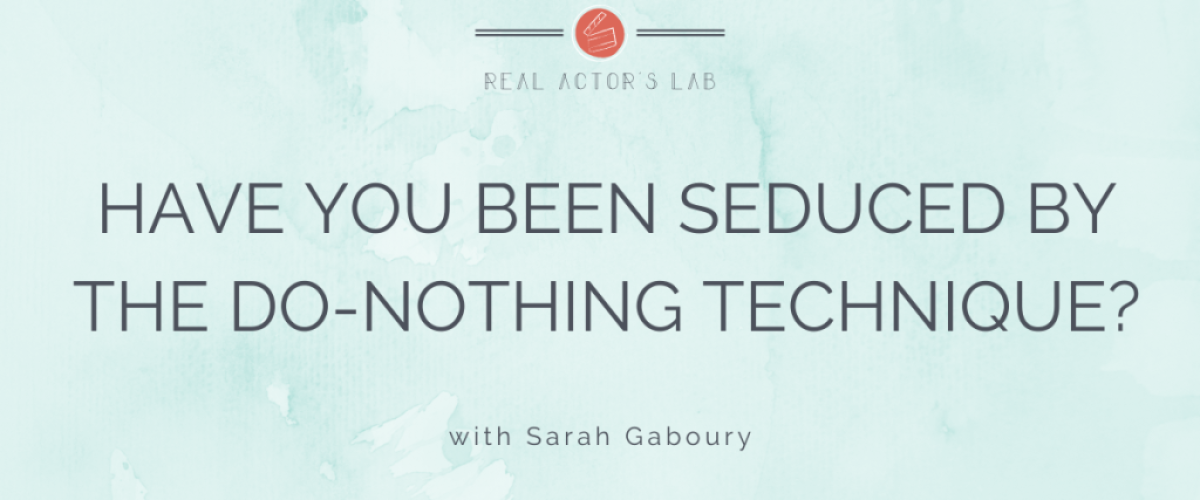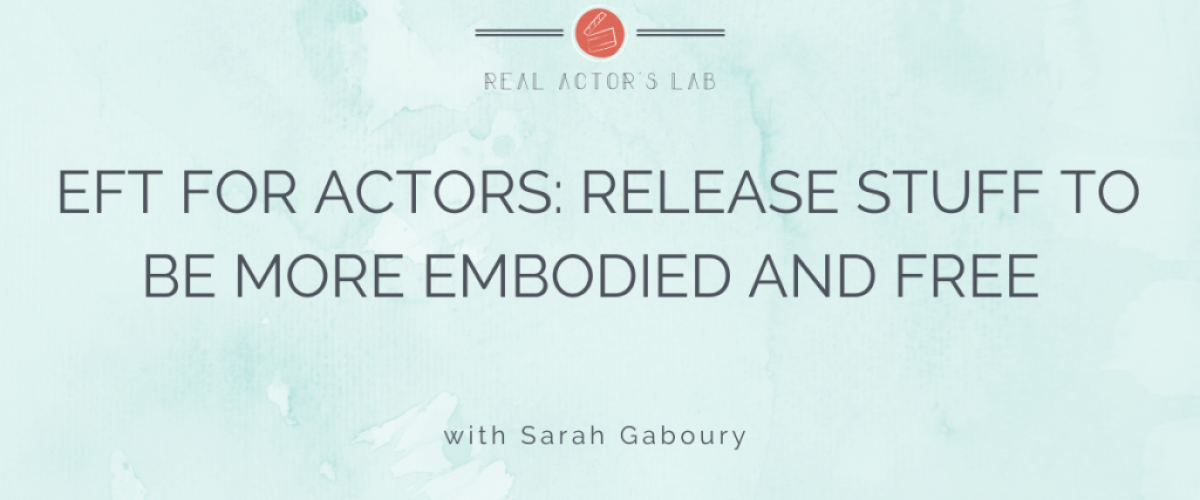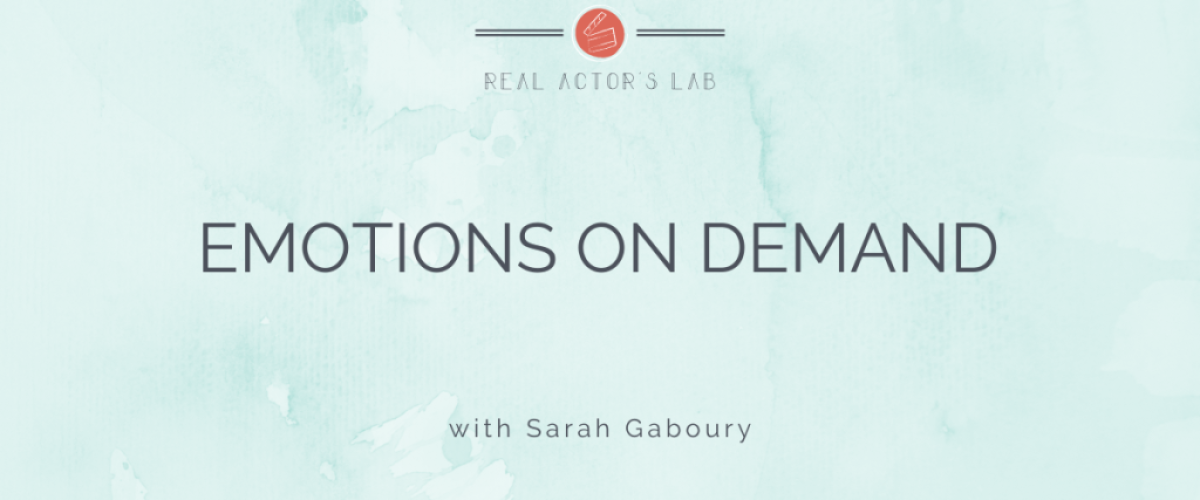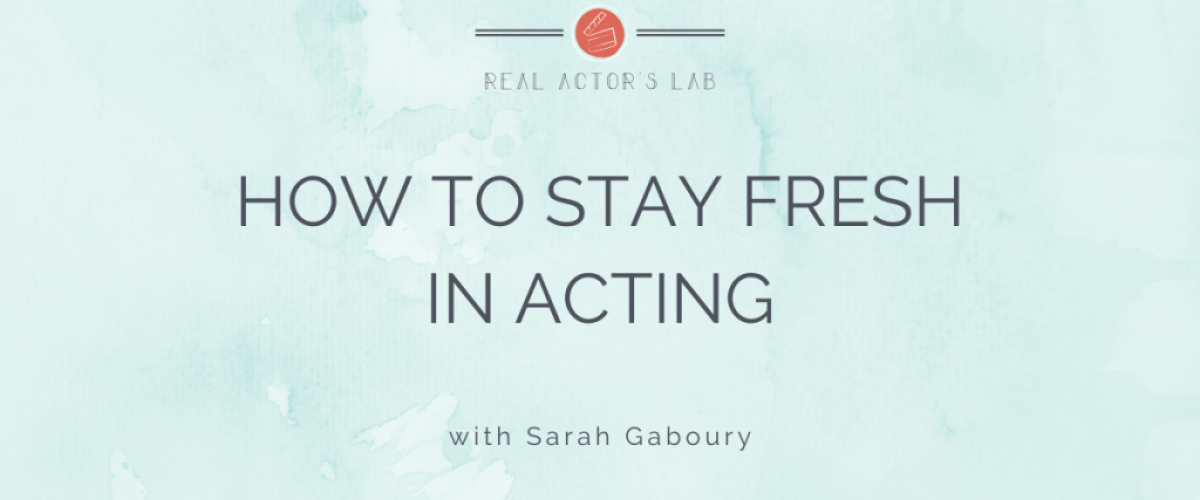Have you been seduced by the do-nothing technique?
I can’t keep quiet about this anymore.
Look, I’m not a hater. I take zero pleasure in knocking other teachers (or anyone!) but the truth is: Too many acting coaches are teaching a sort of alternative, no-technique-technique that is actually harmful to storytelling. This approach is damaging the craft of acting and stopping great stories dead in their tracks.
There are several different variations of this philosophy but the basic idea seems to be (and odds are you’ve heard or even studied this), you are enough: learn the lines, trust your instincts and voilà!
While it’s certainly possible to get some lucky, lovely impulse moments this way–or if you are basically playing yourself you can pull it off–but that really is about as far as it goes.
Of course, this do-nothing-technique is terribly seductive. You don’t have to work very hard! The idea these coaches seem to teach is that if you rehearse or make too many choices in advance you will be in your head instead of living the scene. They teach not to ever “plan anything”. The goal is a kind of naturalistic acting regarded as believable. “Just play yourself.”
But there are a few major problems with this.
Most importantly, the scene usually ends up being all about the actor and not about the story the writer wrote. Countless important stories have dreary coats of grey painted over them by actors who are not being active in their work. This kind of acting encourages the avoidance of risky, expensive theatre tickets. It changes the channel. It’s the kind of acting that puts us to sleep. And it’s getting worse, we just cover it up with big effects, crafty edits and nice looking faces.
Plus, when actors are not active in their work, tensions creep in and they tend to fall back on old habits. These actors tend to have a small range and are only able to play a variation of themselves.
Not so fun, right?
Actors who use deep script analysis are certain they don’t miss any particulars the writer has given them. I teach my students to break down their scenes and make choices based on the writing. They pull out their character info, they build relationships to all the script’s PPOE, they dive into the character’s wants, what’s in the way and then, perhaps most importantly, they experiment with how they are going to achieve their character’s wants. They have thought about what they want the other character to think, feel or do. They work at affecting their partners. They figure out where the transitions are. They raise the stakes. They get a sense of the style of the writing and make necessary adjustments. All of these things are vital because they are a part of the story the writer (you know, the person who spilled their soul into those pages) gave you to tell. If you miss these things, it becomes an act of self-indulgence. It becomes all about you and how natural you are. And usually, a biiiiig-time snooze fest.
If you’re not convinced, try doing Neil Simon or Tenessee Williams with the no-technique-technique for eight shows per week and report back.
So why do these teachers recommend we ditch the fundamental wisdom about acting we learned from the greats? They claim it makes actors heady and blocks spontaneity and impulses. And I get it, I totally get where they got this idea.
But here’s the big key these guys are missing and the vital thing you must learn to become a great actor:
After you prepare, you must release your work. You’ve likely heard that phrase before, but what does it really mean?
Stay tuned. A juicy part two to this in a few weeks.





February 10, 2021 @ 12:51 pm
So true. I work with a lot of young actors who ask at the moment of calling ACTION what does this word mean? Or. How do you pronounce this word? I did this in my youth and paid dearly for it as I worked with great actors who looked at me sideways.
I love your blog♥️